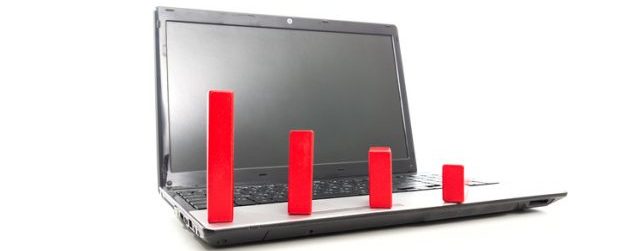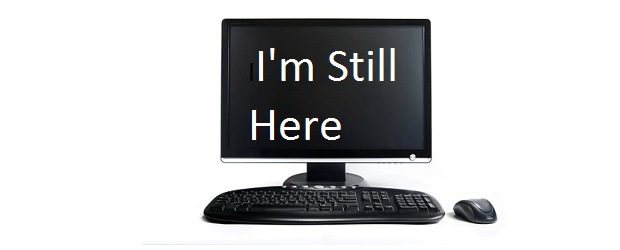Gartner Group, in its latest study, says that traditional promotions such as back-to-school sales no longer make an impact on the market as the PC sector continues to decline even further.
Worldwide PC shipments totaled 67 million units in the third quarter of 2017, a 3.6 per cent decline from the third quarter of 2016, according to preliminary results by Gartner. This is the 12th consecutive quarter of declining PC shipments.
“While there were signs of stabilization in the PC industry in key regions, including EMEA, Japan and Latin America, the relatively stable results were offset by the U.S. market, which saw a 10 per cent year-over-year decline in part because of a very weak back-to-school sales season,” said Mika Kitagawa, principal analyst at Gartner.
“Business PC demand, led by Windows 10 upgrades, continued to drive PC shipments across all regions, but its refresh schedule varies by region. The countries with stable economies, such as the U.S., have created a positive sentiment among businesses, especially for small and mid-sized businesses (SMBs), which are more vulnerable to external events, such as economic or political.”
There are ongoing component shortages, with DRAM shortages getting particularly worse during the third quarter of the year compared with the first half of 2017. “The component price hike impacted the consumer PC market as most vendors generally pass the price hike on to consumers, rather than absorbing the cost themselves,” Kitagawa said. “We expect the DRAM shortage to continue to the end of 2018, but it will not be reflected in the final PC prices immediately.”
In the third quarter of 2017, HP Inc. and Lenovo were in a virtual tie for the top spot in the PC market based on shipments. However, HP Inc. is in an upward trend, as it has experienced five consecutive quarters of global PC growth, while Lenovo is in a downward trend with declining shipments in eight of the last 10 quarters.
So who is on top? HP Inc. has 21.8 per cent marketshare based on Q3 figures this year followed closely by Lenovo at 21.4 per cent.
Then there is Dell at 15.2 per cent; Asus at 7.2 per cent; Apple is at 6.9 per cent; and Acer is sixth with 6.5 per cent. All other PC vendors drop in at 21 per cent.





